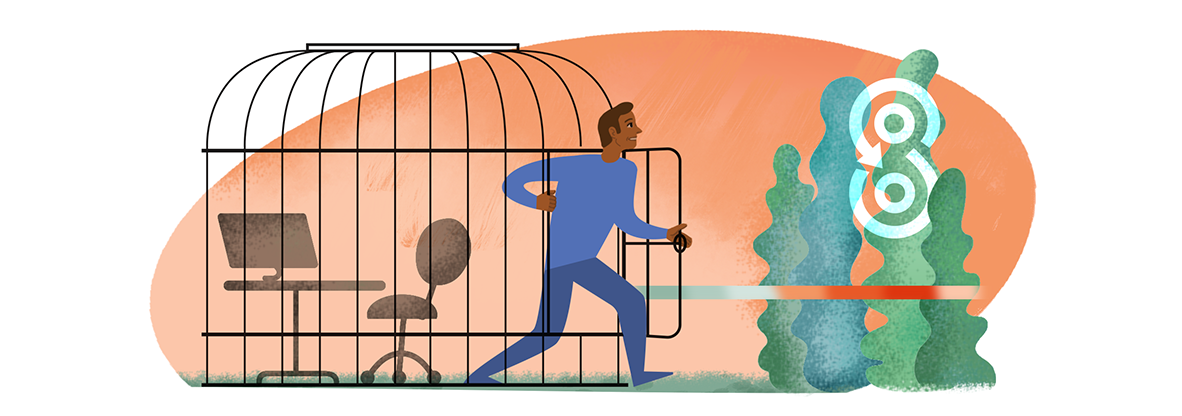Can’t Find An Entry Level Role? Here’s What You Need To Do

The transition from college into the world of work is always a stressful one. Learning how to find entry level roles can be quite a process, especially if this is your first serious job. You’ll have to write a résumé and cover letter, you’ll have to learn all about job interview etiquette, and even once you’ve done all that you’ll still be competing against a huge pool of candidates.
And all of this right after completing your college education. If that’s the kind of reward that makes you want to bury your head in your hands or else retreat from society and go and live halfway up a mountain, then don’t worry – you’re not alone!
The good news is that plenty of people have managed this before you and that means you can do it too. To help you, we’ve put together this article all about how to find entry level jobs with no experience and the steps you can take to get ahead of the crowd.
Make A Plan
Depending on your situation, your first steps towards finding an entry level job may be a little different.
If you’ve already got a job or else a support network that can look after you until you find one, then you’ll want to take your time and do things right. Alternatively, if you’re feeling an immediate financial pressure to find a source of income, then you’ll probably be tempted to start spamming out applications as fast as you can.
No matter who you are however, the best, most productive thing you can do right now is to make a plan.
The chances are you’ve probably got a dream role in mind that you’d like to work, or else a handful of roles that you’d be more than happy to secure. At the same time, there will be some roles that, although not ideal, you’d be happy enough working in for the time being and others that you’ll want to avoid like the plague.
If you don’t have a mental list for all three of these categories, then it’s time to start doing some research. A huge part of knowing how to find an entry level role is simply knowing which jobs you’d like to work and which are most accessible to you.
Once you’ve got that list, it’s time to make the difficult decision. How long are you going to spend chasing your perfect role before moving on to some of those mid-list roles you wouldn’t mind?
You might think you don’t need to set yourself a time limit – that either you’ll be successful or you’ll know when to set your dreams aside. In practice, a time limit can be both practical and freeing.
Remember, failing to secure your dream role right out the gate doesn’t mean you have to stop applying. Many people work stop-gap jobs for years until they get onto the career path they want. That said, there are also plenty of people who spend years struggling to find work in highly competitive fields when they could be building a backlog of experience and skills that benefit them in the long run.
When all’s said and done, we’re not trying to tell you what your career plan should be. That will depend so much on you and your financial situation. What we are saying, however, is that by making a plan you can set yourself goals and targets, keeping yourself accountable so you don’t get trapped in the no-man’s-land of being an unemployed graduate.
How to Get a Remote Job with No Experience
One other thing we’d like to talk about is how to get an online job with no experience. Remote jobs are often far more competitive than office jobs because of the freedoms remote work allows. This is especially true for jobs in well-paying economic zones as working remotely can save you a lot of money on accommodation and transport.
That said, competitive isn’t the same as unachievable. In fact, in some fields – such as software engineering – remote work is commonplace to the point where you may struggle to avoid it. Even if your field isn’t so online centric, you may still be in luck if you target startup companies.
Startups are perfect for graduates looking for remote work because although they often pay well, they tend not to attract people with more experience due to the risk of long-term instability. Put simply, many startups fail and people who already have a mortgage don’t want to risk losing their jobs.
On the other hand, if you’re just wanting to get a year or two of experience under your belt then a startup may be the perfect choice. This is even more ideal for those looking for remote work as many startups simply can’t afford to run an office.
Besides startups, your other main option for remote work is usually freelancing. This can be a risk as it can take time to build up a base of clients but it is a good way to get some experience to go on your résumé while still earning money.


